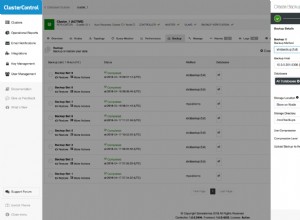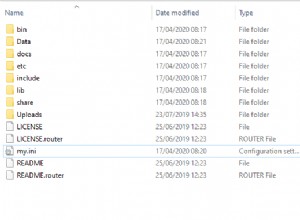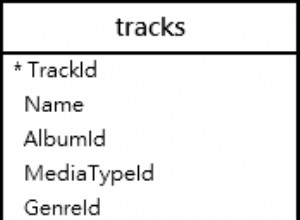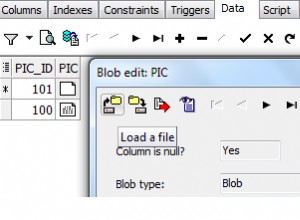Sie müssen nur dann einen Alias verwenden, wenn Sie auf eine Spalte verweisen, die nicht eindeutig definiert ist. Das bedeutet, dass die Spalte in mehr als einer Tabelle/abgeleiteten Tabelle vorhanden ist. Eine Referenz könnte sich in der Select-Anweisung oder in einem Join befinden. Wenn alle Spalten eindeutig sind, benötigen Sie keinen Alias.
Ich ziehe es aus Gründen der Übersichtlichkeit immer vor, Alias zu verwenden, und weil es bei Intellisense in PL/SQL hilft.
--ALIAS needed, because the 'a' column referenced is not unique
--this will throw an error
select a, a, b, c
from (select 'A1' as a, 'B1' as b, 'C1' as c from dual),
(select 'A2' as a from dual);
--this will not throw an error
select t1.a, t2.a, b,c
from (select 'A1' as a, 'B1' as b, 'C1' as c from dual) t1,
(select 'A2' as a from dual) t2;
;
--ALIAS not needed for join, because all referenced columns are unique
select a, b, c, d, e, f
from (select 'A' as a, 'B' as b, 'C' as c from dual)
join (select 'D' as d, 'E' as e, 'F' as f from dual)
on a = d;
--ALIAS needed for join, because the 'x' column referenced is not unique
--this will throw an error
select a
from (select 'A' as a, 'B' as b, 'C' as c, 'X' as x from dual)
join (select 'D' as d, 'E' as e, 'F' as f, 'X' as x from dual)
on x = x;
--this will not throw an error
select a
from (select 'A' as a, 'B' as b, 'C' as c, 'X' as x from dual) t1
join (select 'D' as d, 'E' as e, 'F' as f, 'X' as x from dual) t2
on t1.x = t2.x;




